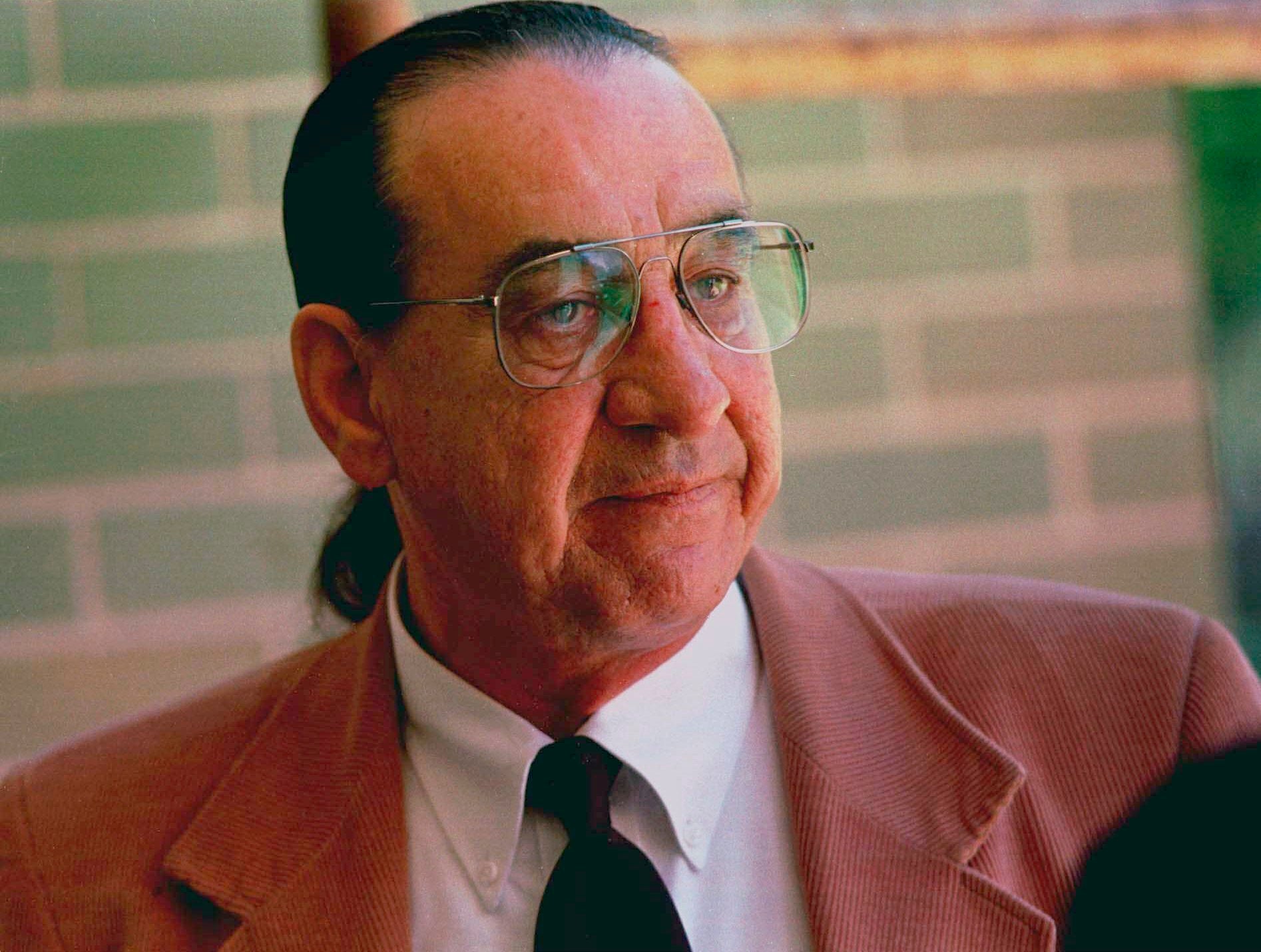Fred Dakota, Native American gambling pioneer, dies at 84
Fred Dakota has died at age 84 after creating a milestone for Native American gambling by opening a garage casino in Michigan in the 1980s

Your support helps us to tell the story
From reproductive rights to climate change to Big Tech, The Independent is on the ground when the story is developing. Whether it's investigating the financials of Elon Musk's pro-Trump PAC or producing our latest documentary, 'The A Word', which shines a light on the American women fighting for reproductive rights, we know how important it is to parse out the facts from the messaging.
At such a critical moment in US history, we need reporters on the ground. Your donation allows us to keep sending journalists to speak to both sides of the story.
The Independent is trusted by Americans across the entire political spectrum. And unlike many other quality news outlets, we choose not to lock Americans out of our reporting and analysis with paywalls. We believe quality journalism should be available to everyone, paid for by those who can afford it.
Your support makes all the difference.Fred Dakota whose garage casino in Michigan's Upper Peninsula in 1983 was a milestone for Native American gambling, has died at age 84.
Dakota, a former leader of the Keweenaw Bay Indian Community, died Monday at his home in Baraga, according to Reid Funeral Service. The cause was not disclosed.
Tribal offices were closed Friday, the day of the funeral, along with Keweenaw Bay Ojibwa Community College. Ojibwa Casino locations in Baraga and Marquette were closed for much of the afternoon.
“It was an honor and a privilege to stand shoulder to shoulder with one of the greatest leaders in Indian country,” tribal President Warren “Chris” Swartz Jr. said. “Fred impacted not only KBIC, but many tribal communities with his leadership abilities."
With a single blackjack table, Dakota opened a casino in a two-stall garage in Baraga County on New Year's Eve 1983. A shot of whiskey was 70 cents; better stuff was 20 cents more.
“We gave the government vast tracts of land in Michigan, Wisconsin and Minnesota when we signed that treaty in 1854,” Dakota told The New York Times in 1984. “And what did we get in return? We got the government to agree not to kill us. Well, now it’s time we got something more. Gambling is going to make a lot of Indians rich.”
The garage casino led to construction of a larger casino, but decisions by federal courts shut it down. Dakota said he couldn't afford more appeals.
By 1987, the U.S. Supreme Court used a California case to ease restrictions on gambling on tribal land, a turning point for Native American casinos. A federal law a year later allowed states to negotiate compacts with tribes.
A jury in 1997 convicted Dakota of accepting $127,000 in bribes from a New Jersey slot machine dealer and evading taxes on the money. He claimed the money was an advance for a telephone lottery game. Dakota was sentenced to 30 months in federal prison.